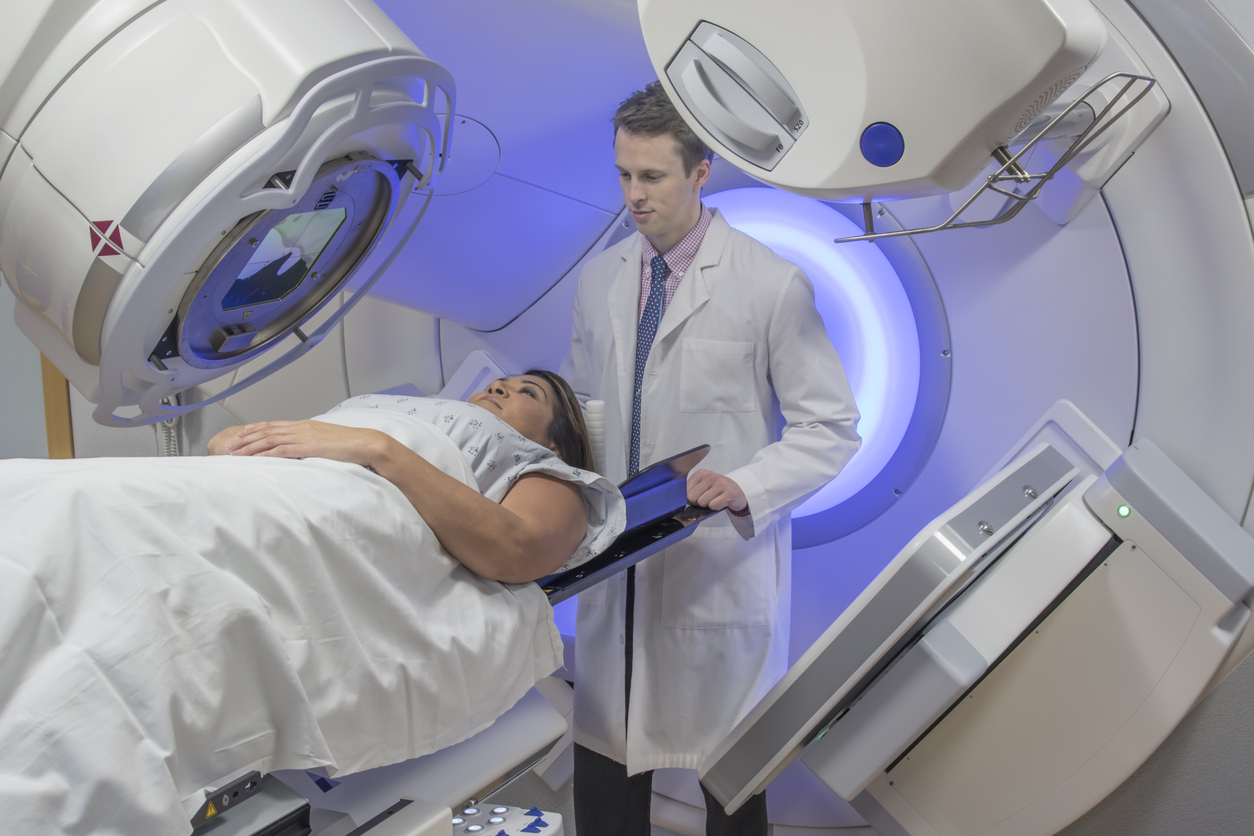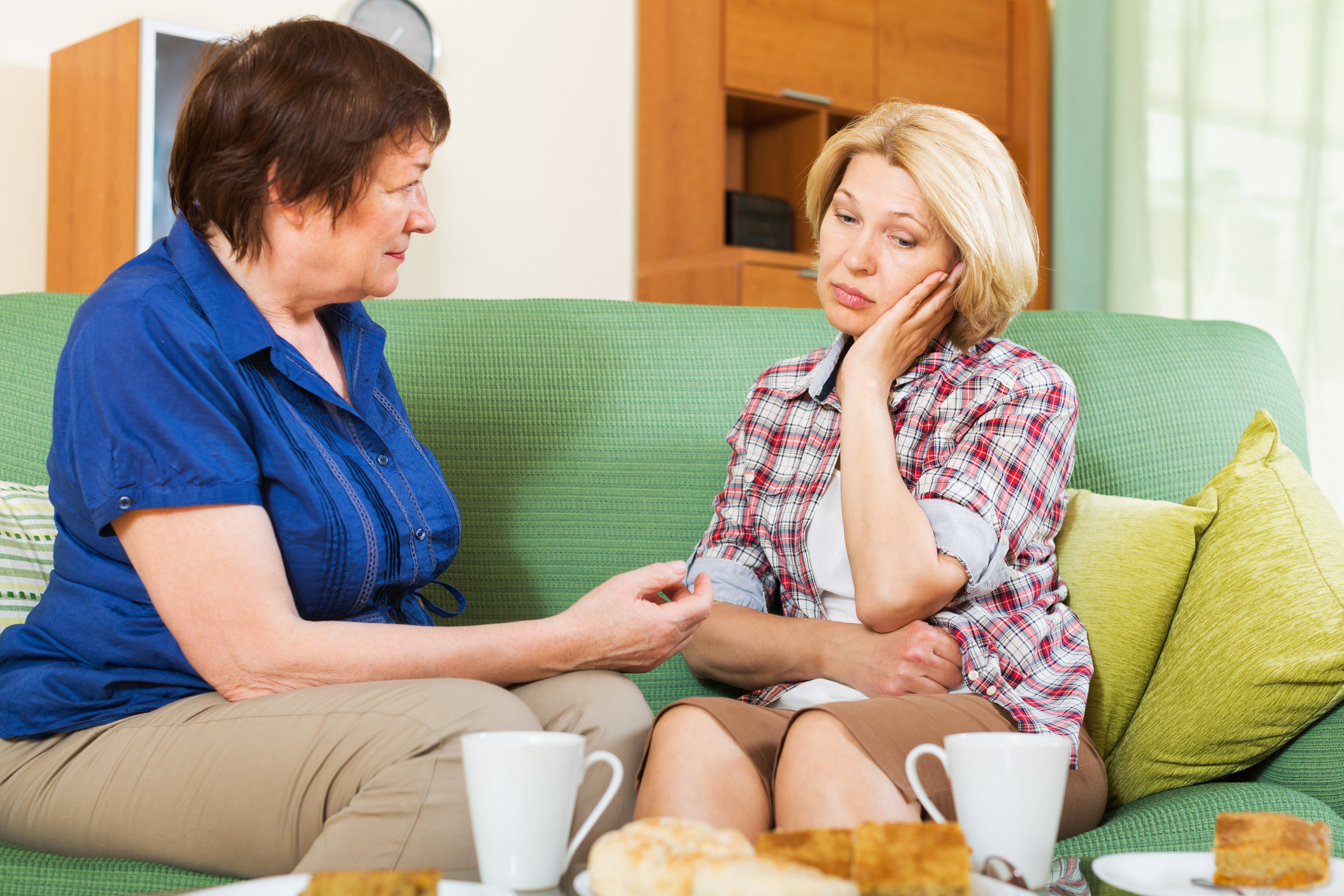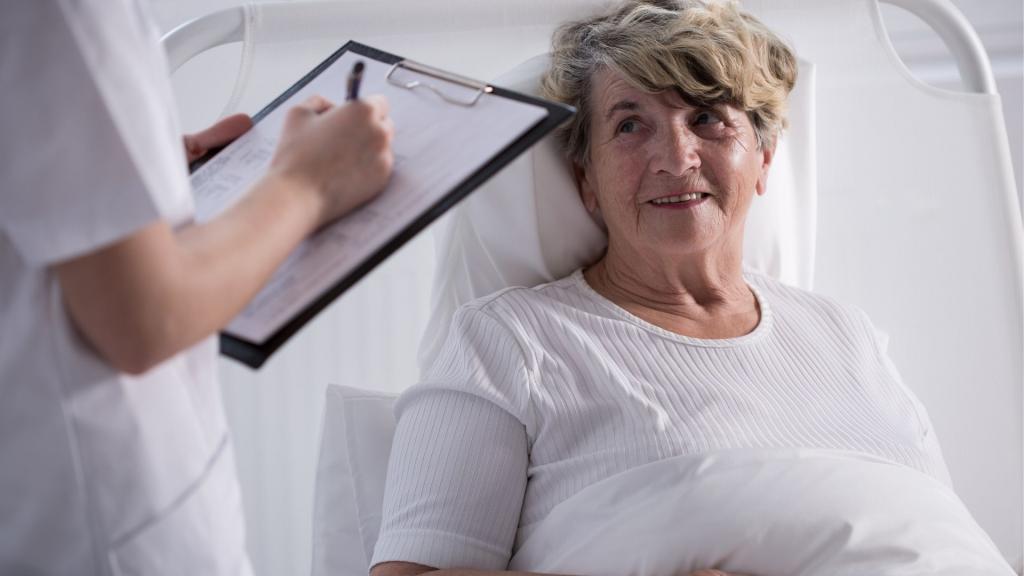
Palliative care
Palliative care is designed to control symptoms and improve your quality of life, rather than cure your illness.
Palliative care is care that is designed to help manage your symptoms and improve your quality of life. Palliative care includes end-of-life care, but your doctor may also recommend it to relieve symptoms earlier in your illness. Palliative care can include things like:
- Treatments such as radiotherapy or chemotherapy to improve symptoms. For example, fatigue, breathlessness or nausea
- Help with keeping active and managing day-to-day life
- Physiotherapy
- Counselling
- Family support
- Spiritual support
- Complementary therapies, such as massage or aromatherapy
- Advice about practical matters like financial entitlements
- End-of-life care
Palliative care is not designed to control or cure your illness, but rather to give you independence, comfort and support.
Who is palliative care for?
Palliative care is for anyone with a life-limiting condition. This means a condition, illness or disease which is progressive and cannot be cured. Cancer patients often have palliative care, but it can also be given to people with other illnesses, for example dementia or lung disease.
When is palliative care given?
Some people think that palliative care is only given when you have finished all other treatment. But the palliative care team are experts in managing pain and controlling symptoms, so you may be given palliative care at any stage to manage symptoms and complications from your illness.
Having the palliative care team involved early may mean symptoms will be better controlled and potential problems kept in check. It also means you will have emotional support earlier on in your illness.
In later stages, palliative care can also help people to prepare for death. This is called end-of-life care.
Where is palliative care given?
Depending on what kind of palliative care you are having, you may be given palliative care:
In hospital, by the specialist palliative care team
At home, by specialist palliative nurses who work with your family doctor, the specialist palliative care team, the public health nurse and your family
In a community hospital or nursing home, by specialist palliative nurses who work with your family doctor and/or a specialist palliative care team
In a hospice
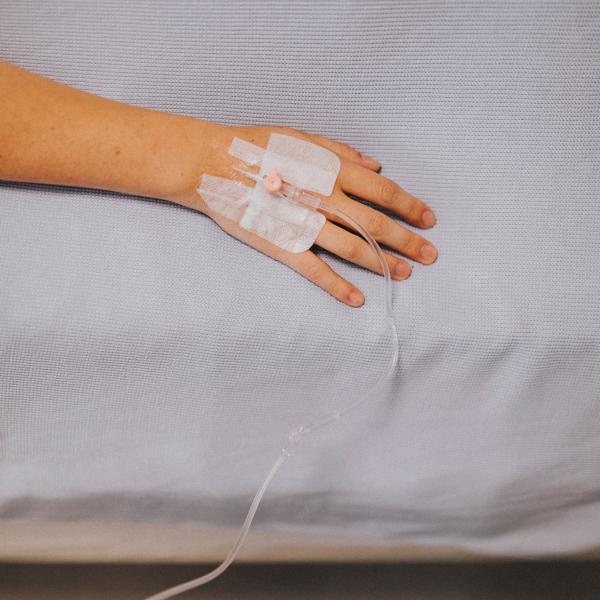
How is palliative care arranged and do I need to pay?
Palliative care can be arranged by your family doctor (GP) or by the hospital.
Ask your doctor and nurse about palliative care. If you don't feel well enough, your family can do so.
Palliative care is free for all patients. You don't need a medical card.
Who might be involved in my care?
The palliative care team will include doctors and nurses, including specialists in palliative medicine. Other people on the team can include a medical social worker, a physiotherapist, occupational therapist, and those who provide complementary therapies and pastoral care.
The public health nurse (PHN) works with the GP and other professionals in the community. The PHN will visit you to see what help and services you need. They will talk to other professionals involved in your care and arrange any other services you might need so you don’t have to contact people yourself.
The HSE's Home Support Service aims to support older people (aged 65+) to remain in their own homes for as long as possible and to support informal carers. It provides support with everyday tasks such as getting in and out of bed, dressing and personal care, such as showering. This is a free service. You do not need a medical card and your income will not be assessed.
Night nurses are available from the Irish Cancer Society Night Nursing Service. This service offers nursing care to patients with cancer towards the end of life for those who wish to remain at home and be cared for by their families. These hours are usually at night but can also be during the day. This service is free of charge. It aims to give extra support for the person who is ill or their carers during what can be a difficult and anxious time.
Ask the home care team, public health nurse or GP about referral to our night nursing service.
A medical social worker can:
- Give support and information to help you and your family cope with your feelings around diagnosis and treatment.
- Act as a link to your hospital care team. You can also discuss any issues relating to your treatment and care with the medical social worker.
- Give you information on practical issues like financial and legal matters.
- Advise you about support services during treatment and when you go home and put you in contact with a range of helpful outside agencies and community services.
Psycho-oncology services: In some larger hospitals psycho-oncology services offer psychological care and support by a team of experts. Usually the team consists of psychiatrists, clinical psychologists and nurses working closely together.
General practitioner (GP): Your GP is responsible for your medical care if you are cared for at home. They work with the public health nurse and others involved in your care.
Community health services: Your local public health centre has public health nurses (who can visit you at home) and welfare officers.
If you live far from your hospital, your community welfare officer can also help with practical issues such as financial problems or exceptional needs.
More information on community health services is available either from the medical social worker in the hospital before you go home or at your local health centre.
What is end-of-life care?
End-of-life care is an important part of palliative care treatment. It involves the care of patients during the last few days, weeks or months of life to ensure their comfort and dignity. You can talk to our cancer nurses about end-of-life care and our Night Nursing service. Call our Support Line on 1800 200 700 or visit a Daffodil Centre.
The Irish Hospice Foundation’s Think Ahead programme helps people to think about and plan for the end of their lives. It supports people to talk meaningfully with those who are close to them about matters such as serious illness, dying and death.
The following organisations provide information on making a will:
What is a hospice?
The hospice is a specialist unit which provides palliative care. You can attend the hospice as an inpatient or an outpatient (day care).
The hospice mainly treats illnesses that can no longer be cured. Many people who receive hospice care have cancer, but they also treat patients with other conditions.
If you are referred to the hospice it does not necessarily mean that you are going to die soon. You may be referred to the hospice as an inpatient for the following reasons:
To get your symptoms under control. For example, pain or nausea
To give you and your carers support and a break. This is called respite care
For rehabilitation. Services such as physiotherapy, occupational therapy, complementary therapies and dietetics may be available to you and improve your wellbeing and quality of life
For end-of-life care
There are 14 inpatient hospices in Ireland:
- Cork - Marymount Hospice, Curraheen Road
- Donegal - Donegal Hospice, Letterkenny
- Dublin - Our Lady’s Hospice, Harold’s Cross
- Dublin - Blackrock Hospice, Blackrock
- Dublin - St Francis Hospice, Raheny
- Dublin - St Francis Hospice, Blanchardstown
- Galway - Galway Hospice Foundation, Renmore
- Mayo - Mayo Roscommon Hospice Foundation, Castlebar
- Roscommon - Mayo Roscommon Hospice Foundation, Athlone Road
- Kildare - St Brigid’s Hospice, the Curragh
- Wicklow - Wicklow Hospice, Magheramore
- Limerick - Milford Care Centre, Castletroy
- Kerry - Kerry Hospice Foundation, Tralee
- Sligo - North West Hospice, the Mall, Sligo
If there is no inpatient hospice in your area, there may be hospice beds available in community hospitals or nursing homes locally. Visit the Irish Hospice Foundation’s website for a list of services in your area.
The Irish Cancer Society can provide a night nurse, free of charge, for up to 10 nights if you need end-of-life care at home, to support you and your family. You can find out more about this service from your GP, public health nurse, a member of the homecare team or the palliative care services at the hospital.
Click here for more information on Irish Cancer Society Night Nursing
Useful websites
Adult Palliative Hub (For adults with palliative care needs, their family members, carers and friends in Ireland)
Irish Association for Counselling and Psychotherapy
Rainbows Ireland (Peer support for children and young adults experiencing loss)
Turning Point (Counselling and psychotherapy)
Note: The Irish Cancer Society is not responsible for the content of external websites
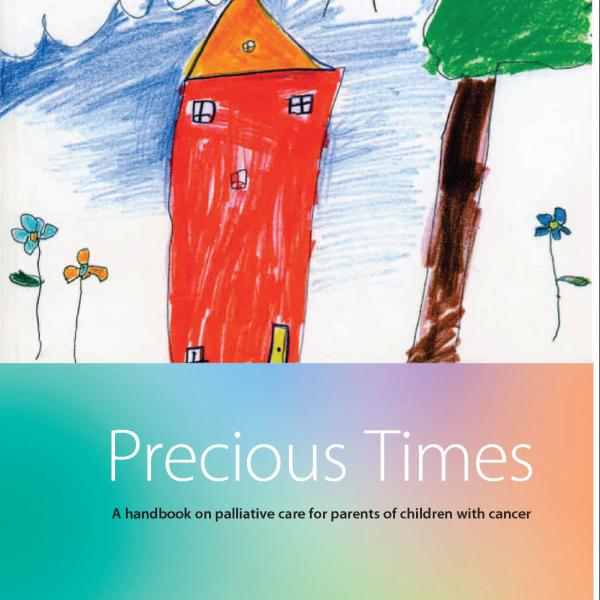
For more information
Phone
1800 200 700

